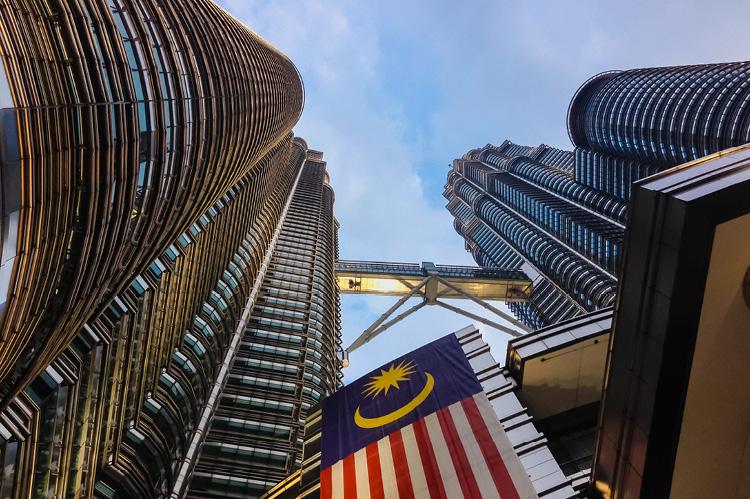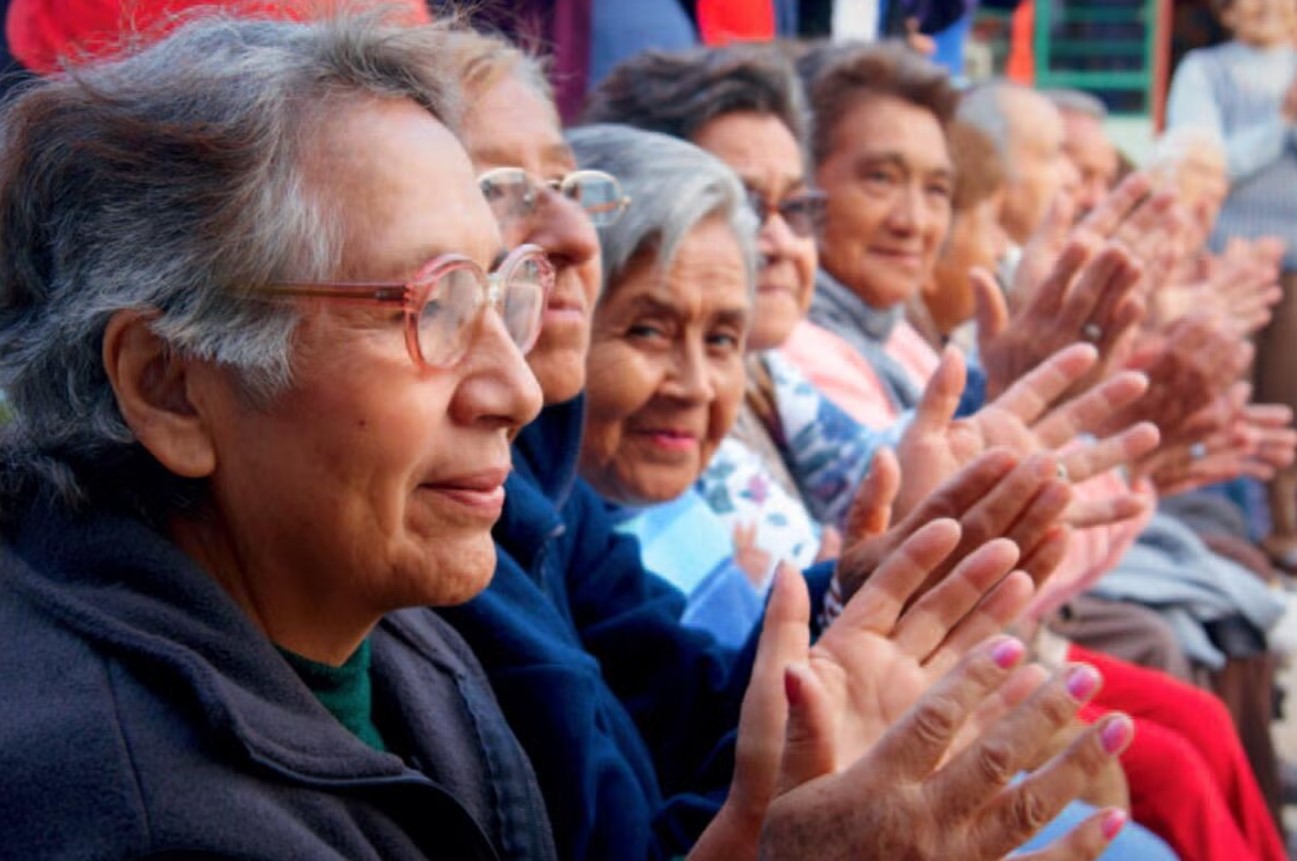BABY boomers are those born between 1946 to 1964, and are 61 to 79 years old this year. Currently, the life expectancy in Malaysia is 76.93 years, and those who wrongly understand assume that this is the average age people die in this country.
Life expectancy is based on year of birth, and babies born in Malaysia today are expected to live an average of 76.93 years, or until the year 2102. The life expectancy of those born here in 1950 was 52.80 years, and later rose to 61.68 years for those born in 1964.
If for example life expectancy was 60 years, one-third could have perished much earlier due to illness, accident or homicide.
Also for similar reasons, another third die around 60-years-old, and the last third will live way beyond their life expectancy at birth and eventually succumb to old age.
Surviving baby boomers have much to be thankful for, as our country had generally been peaceful from the end of the Second World War when the Japanese surrendered in Sabah, Sarawak and Malaya in 1945 on September 9, 11 and 13 respectively, ending their Occupation.
Although Malaya was under emergency rule from 1948–1960 to contain a communist insurgency, the battles were largely fought in the countryside that included rural areas, jungle fringes and deep jungles. Mercifully, our casualties paled in comparison with Vietnam, Cambodia and Laos.
The relative peace allowed the population to recover from the ravages of Japanese Occupation, with Malaya achieving independence on August 31, 1957; Sarawak granted self-government on July 22, 1963; and Sabah on August 31, 1963; before Malaysia was formed on Sep 16, 1963.
However, the formation of Malaysia was earlier opposed by Indonesia and the Philippines. On Jan 20, 1963, Indonesian President Sukarno declared Konfrontasi (Confrontation), and started a period of armed conflict and diplomatic confrontation between Indonesia and Malaysia.
Years later and over Sukarno’s objections on Aug 11, 1966, Indonesia ended its confrontation with Malaysia and rejoined the United Nations.
On March 12, 1967, the Majelis Permusyawaratan Rakyat Sementara, (People’s Consultative Assembly) appointed Suharto to replace Sukarno.
In 1973, I was a tour guide and nearly all the tourists I handled were Americans and Australians. I told them that Malaysia was founded by tin and built by rubber.
Later, we prospered from oil, from those found under the seabed and in the ground, and from oil palms planted on the ground.
We opened our doors wide for foreign investors and went large scale into manufacturing, which had provided jobs for millions over the past decades.
In the 1960s and 1970s, trailers known as timber lorries carrying huge logs were a common sight on trunk roads in peninsular Malaysia.
During the 1980s, logging in Sabah and Sarawak led to Malaysia becoming the largest exporter of tropical wood.

The main beneficiaries were corrupt politicians and timber tycoons. Sadly, the cutting down of our virgin jungles was the greatest irreversible loss suffered by our country.
Also, our education started to deteriorate in 1970 when Bahasa Malaysia replaced English as the primary medium of instruction in schools, starting in Standard One.
It was gradual initially, as teachers were then better and more caring, still conversant and comfortable using English.
A combination of many factors contributed to the declining standard of our education, and they included a drop of quality in both teachers and students.
It was a double whammy when children were spoiled by both their parents and state, leading them to seek handouts instead of compete.
Passing marks were continuously lowered over the years to achieve rock-bottom key performance indicators to obtain stellar results in SPM exams, or reach lowest entry barriers to churn out large numbers of graduates with bachelor’s, master’s or doctoral degrees every year.
In the mid-1980s, we had a recession and retrenchments were common. As there were hardly any suitable positions, fresh graduates were hired as “management trainees” with a RM400 salary. But between 1988 to 1997, everything went boom, including salaries and stock market.
Then came the 1997 Asian Financial Crisis, the 2002 outbreak of severe acute respiratory syndrome (SARS) coronavirus, the 2008 Global Financial Crisis, and the 2000–2022 COVID-19 pandemic that resulted in huge numbers of deaths, crushing economies and destroying jobs.
Knowing that the organisation that I was serving could no longer generate income as before, I resigned from my salaried job. Although I was already 70, I could still continue working. From 2020, I was a freelance trainer in the tourism industry and discontinued at the end of last year.
Like other surviving baby boomers, we have much to be thankful for. We have enjoyed relative peace, worked in various jobs, developed in our chosen fields, reached the highest we could in our careers, and witnessed a world that has changed more over the past decades than many centuries.
But in the future, people will be more accustomed to interacting with gadgets and machines than with other human beings.
While I am prepared to unlearn outdated knowledge and relearn what is current, I am not keen to communicate with humanoid robots and losing my humanity. – May 21, 2025
YS Chan is master trainer for Mesra Malaysia and Travel and Tours Enhancement Course and an Asean Tourism Master Trainer. He is also a tourism and transport business consultant.
The views expressed are solely of the author and do not necessarily reflect those of Focus Malaysia.
Main image: UNFPA









